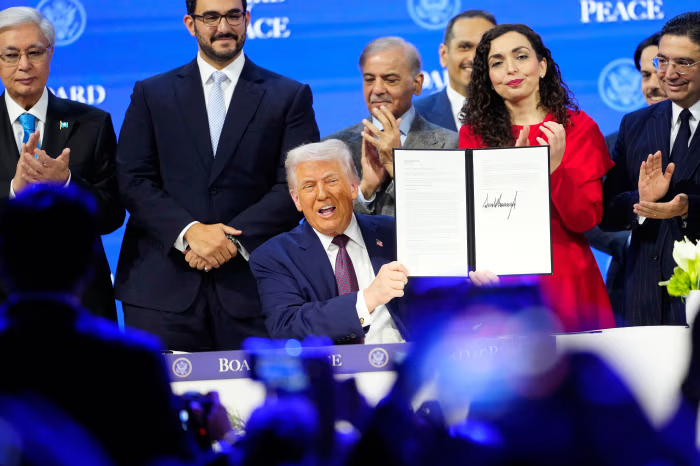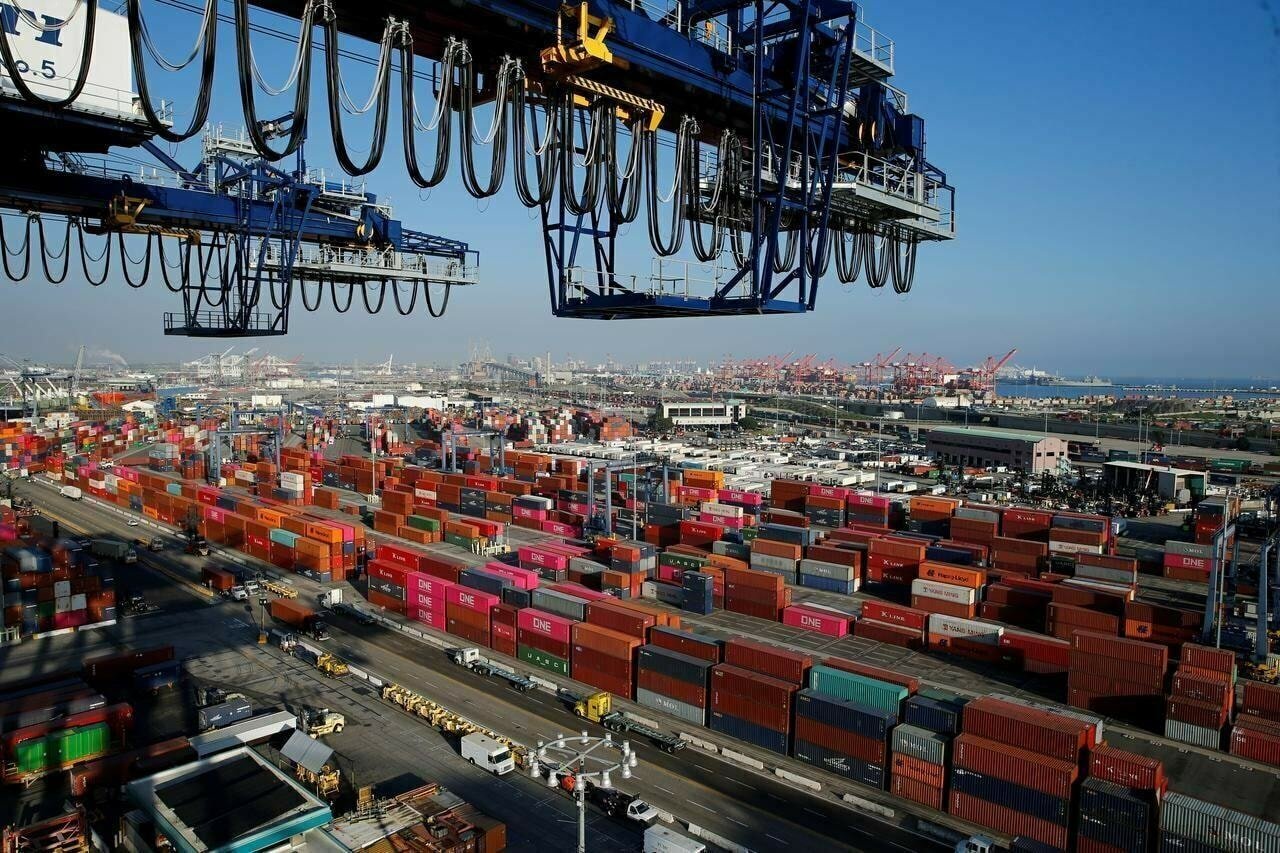Amina Yousaf
The recent massacre of nine passengers traveling from Balochistan to Punjab, reportedly executed after they were identified as “Punjabi,” marks yet another horrific chapter in the series of ethnic killings plaguing Balochistan. This targeted violence, allegedly perpetrated by Indian-sponsored terrorist elements, reflects not just the cruelty of extremism, but also the deep fractures in the state’s security and governance apparatus.
This act of terrorism is not an isolated incident. It is part of a pattern—a bloody trail of hate crimes that have escalated over the past two decades, targeting innocent civilians based on ethnicity, sect, or language. The state’s typical response—to hunt down and eliminate a handful of identified militants—is both insufficient and temporary. It may quench the thirst for retribution momentarily, but it fails to address the structural, political, and ideological roots of the conflict. The core issue is not simply terrorism, but the absence of a long-term, inclusive, and sustainable state strategy for Balochistan.
In large swathes of Baloch-dominated areas, a climate of lawlessness and insurgency has prevailed for years. What masquerades as a demand for justice and autonomy has, in many places, devolved into a brutal campaign of ethnic cleansing and terrorism. The chaos is compounded by a toxic mix of three forces: a militarized state mindset that alienates local populations, the greed and tribalism of local warlords who profit from instability, and the unchecked support of foreign actors eager to fracture Pakistan from within.
Unfortunately, the ordinary people—whether they are Punjabis working in Balochistan or Baloch youth dreaming of a better future—are paying the price for this multi-layered failure. Violence committed in the name of reform, justice, or freedom is a dangerous contradiction. While slogans of rights and self-determination echo in the media, in practice, innocent blood continues to be shed.
Please, subscribe to the YouTube channel of republicpolicy.com
The state’s inability to craft and implement a comprehensive political strategy for Balochistan has made space for terrorism to thrive. The very instruments used to control insurgency—such as brute force, political exclusion, and selective justice—have backfired, creating more enemies than allies. A cycle of vengeance, mistrust, and blame has set in.
Equally concerning is the silence of the country’s mainstream political leadership. When attacks like these occur, there is little more than a cursory statement of condemnation. Where is the national debate on these killings? Which political party has convened a serious dialogue or tabled a motion in Parliament on this sustained crisis? The absence of political engagement is alarming and telling. If democratic institutions remain silent while citizens are murdered for their ethnicity, then the vacuum will only be filled by more extremism and more alienation.
Another critical failure lies in the decline of authentic Baloch political leadership. Over time, genuine Baloch voices have been marginalized—some through systemic repression, others due to their own compromises. In their place, a chaotic mix of armed insurgents, opportunistic tribal elites, and foreign-funded actors now dominate the political landscape. As a result, the space for negotiation, reconciliation, and democratic progress continues to shrink.
For peace and development to take root in Balochistan, a radically new approach is needed—one that prioritizes shared governance, inclusive development, and mutual trust between the federation and the province. Security forces alone cannot shoulder the burden of peacebuilding. Political leadership—at both federal and provincial levels—must reclaim its responsibility.
Civil-military coordination is vital, but it cannot replace political ownership. Security operations must be complemented by a serious push for economic integration, education reform, resource equity, and provincial autonomy in administrative matters. A broad-based, multi-party consensus must be forged to design and implement a new political compact for Balochistan. That consensus must also include credible local representation—not just state-appointed stakeholders.
Moreover, the state must act decisively against foreign-sponsored terrorism. There is little doubt that hostile intelligence networks continue to exploit the situation in Balochistan. However, external threats thrive when internal discontent is left unaddressed. National security and national unity must be defended not only through borders and bullets but through justice, inclusion, and rights.
The dream of separating Balochistan from Pakistan is a fantasy that will never materialize. Yet, if corrective measures are not taken urgently, the emotional and psychological divide between Balochistan and the rest of Pakistan could deepen beyond repair. The tragedy lies not in the strength of separatist forces, but in the weakness of the political will to counter them meaningfully.
Finally, the use of state force—if detached from political foresight—cannot produce sustainable peace. Military action may curb insurgency, but it cannot win hearts and minds. The victims of violence—Punjabis and Baloch alike—deserve a future free from fear. That future can only be built through honest engagement, courageous leadership, and institutional reform.
In the end, it is not enough to mourn the loss of innocent lives. It is not enough to kill a few perpetrators and move on. What is needed is a national awakening—an understanding that Balochistan’s pain is Pakistan’s pain. Until that realization takes hold in Islamabad and beyond, the blood of the innocent will continue to flow, and the promise of a united, peaceful federation will remain unfulfilled.















